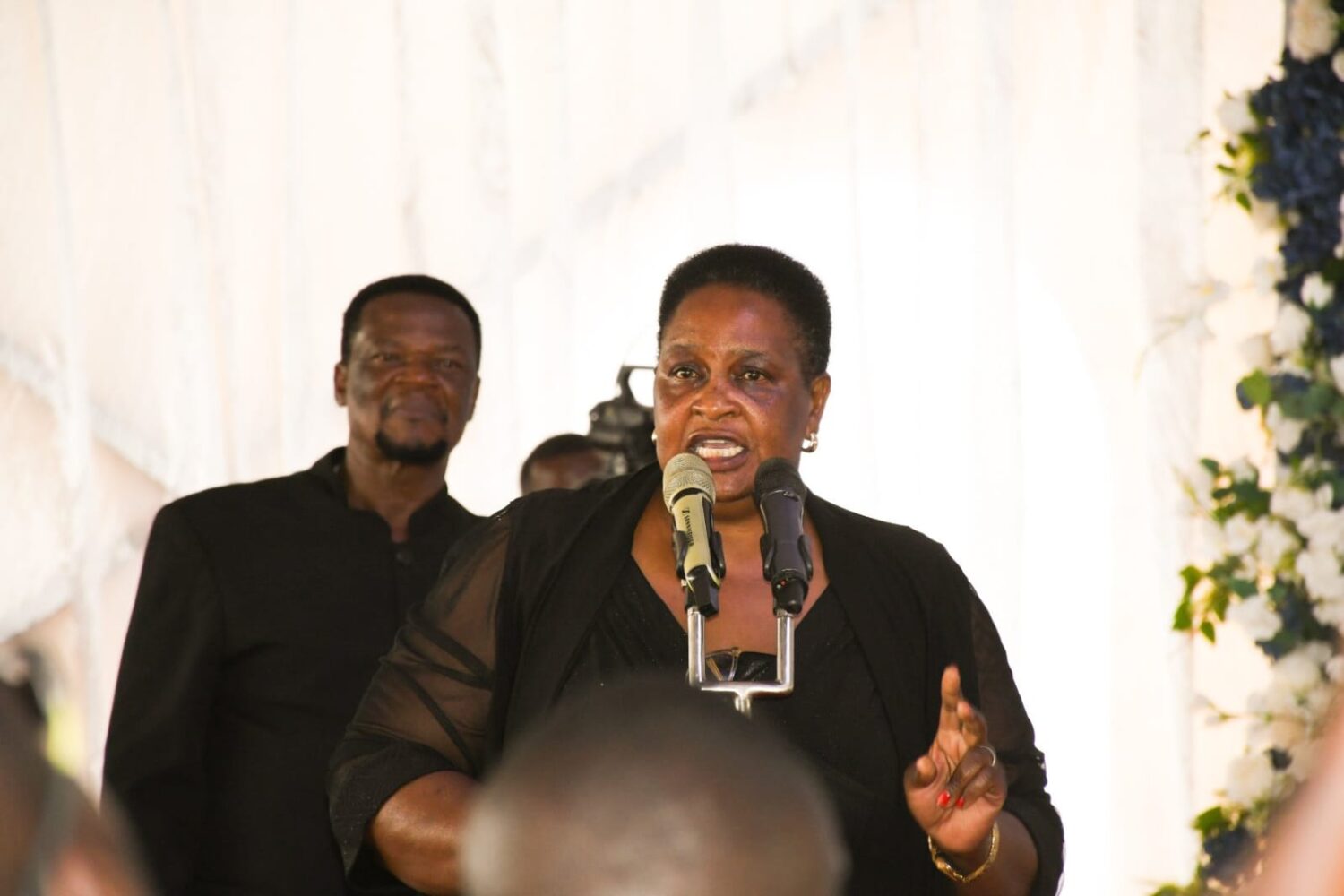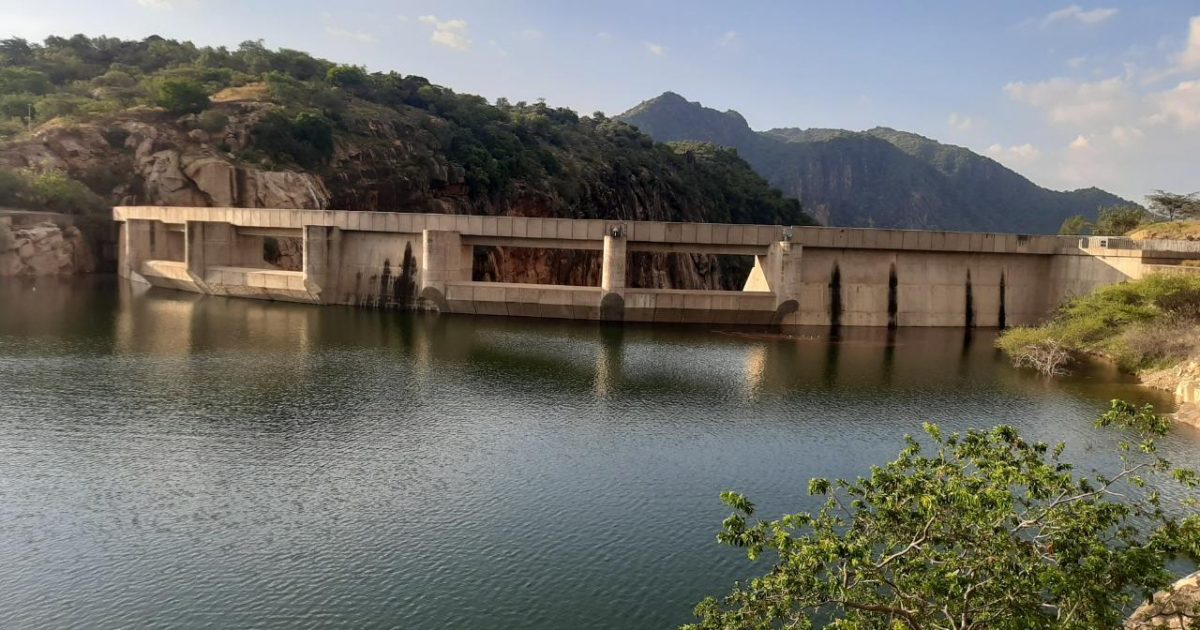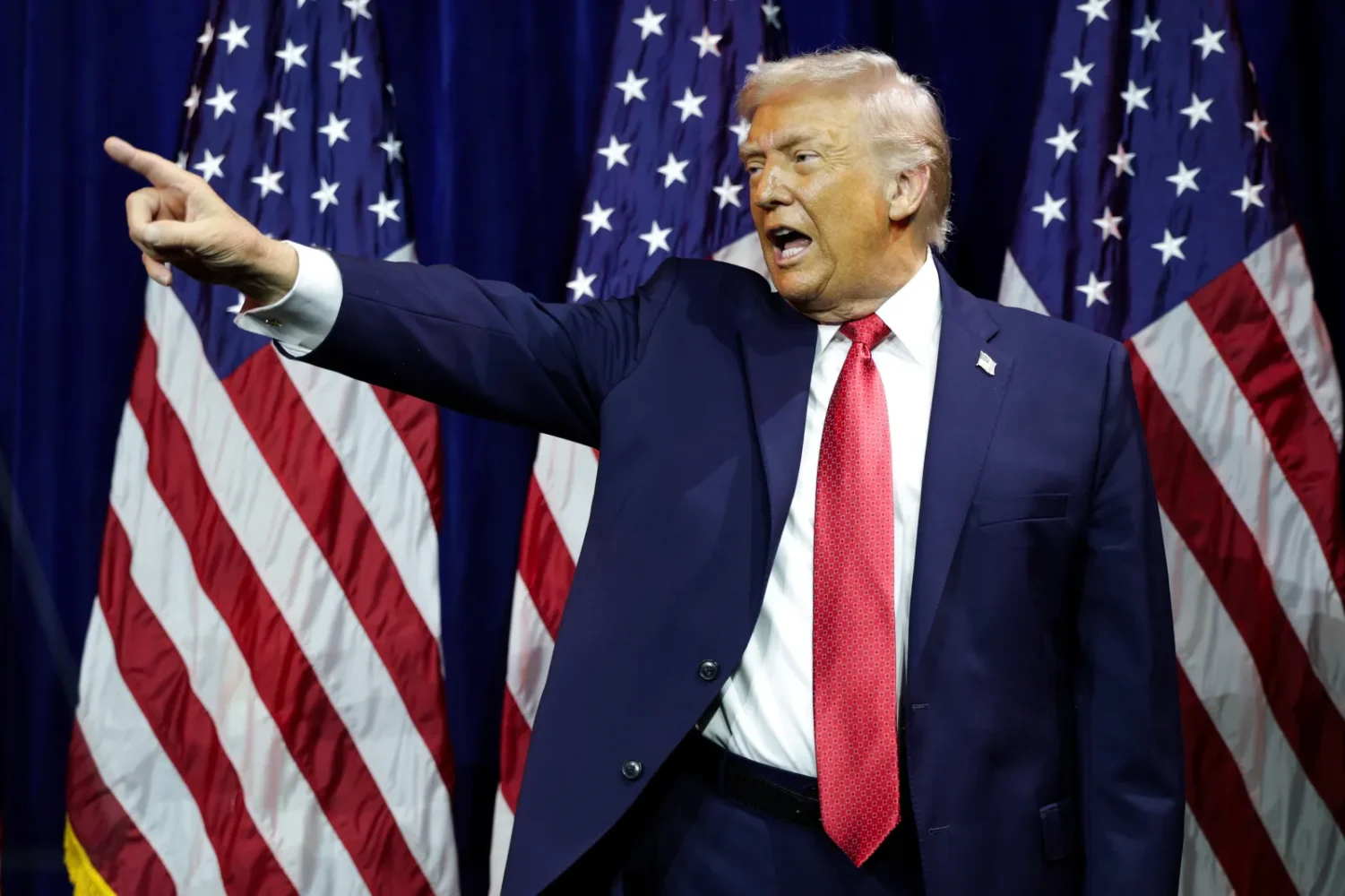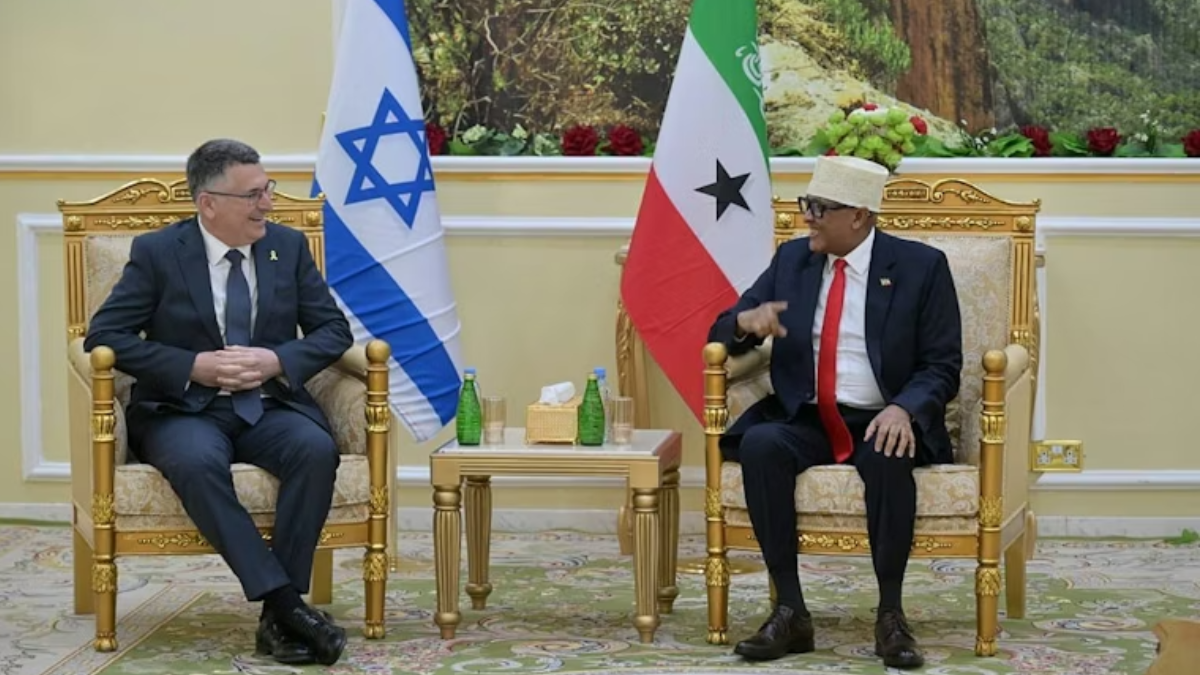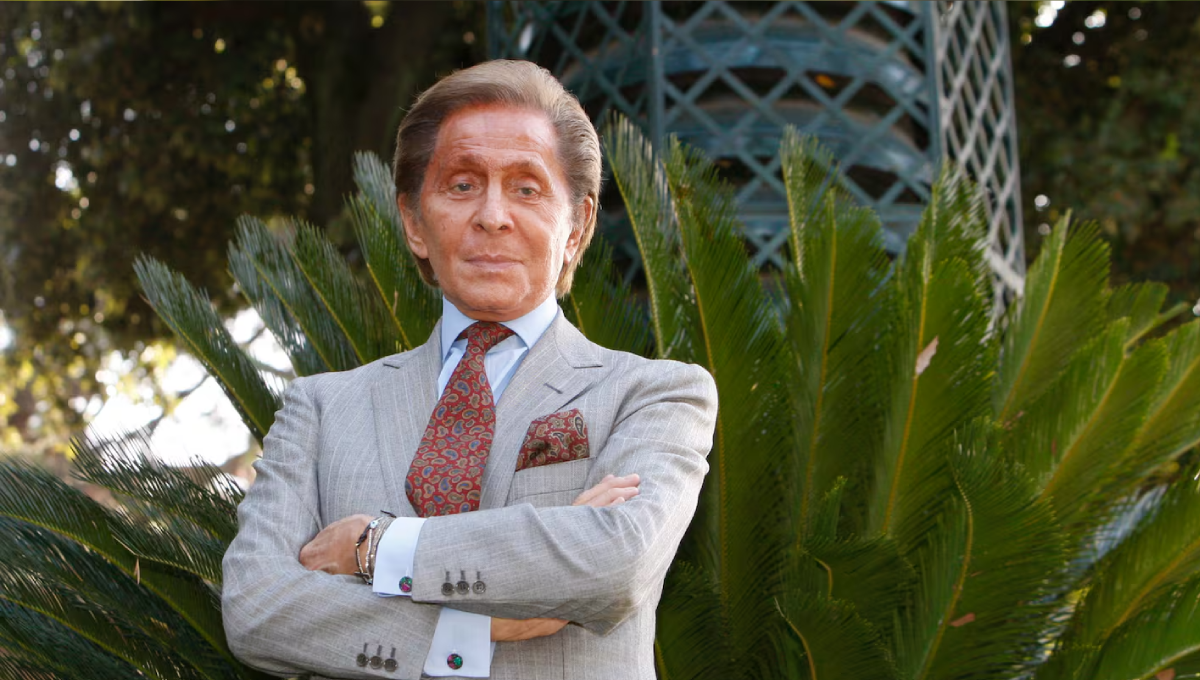In a bold and defiant move, Ugandan protesters are determined to push forward with their planned anti-corruption march despite a government ban.
President Yoweri Museveni, in a televised address, issued a stark warning to the organisers.
Stating that they are “playing with fire.”
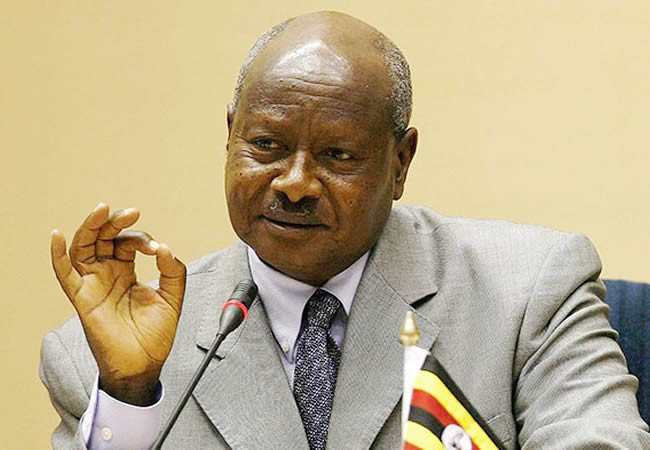
Museveni has ruled Uganda with a firm grip since 1986.
He expressed his concerns about the protest, accusing some participants of having foreign interests.
However, he did not provide further details on this claim.
His address came after the Ugandan police announced the planned protest in the capital, Kampala, would not be permitted due to intelligence.
Further suggesting that certain elements intended to use the demonstration to incite chaos.
Frank Mwesigwa, the director of police operations in Uganda, emphasized the importance of maintaining public order.
“Demonstrations can only be allowed under our mandate.
As long as they are not causing public disorder and disrupting the lives of lawful citizens,” Mwesigwa stated.
Despite these warnings, the protest organisers remain resolute. Louez Aloikin Opolose, one of the main leaders of the demonstration, asserted,
“We don’t need police permission to carry out a peaceful demonstration.
It is our constitutional right.”
Fellow protester Shamim Nambasa echoed this sentiment, highlighting parliament as the focal point in their fight against corruption.
“Our starting point in the fight against corruption is parliament and the demonstration is on irrespective of what police is saying,” Nambasa declared.
Uganda among most corrupt
Uganda, Museveni’s turf has a challenging track record when it comes to corruption.
Ranking 141 out of 180 countries on Transparency International’s corruption perceptions index.
The protesters are determined to bring attention to this issue, drawing inspiration from the ongoing protests in neighbouring Kenya.
Over the past month, Kenya has seen a series of demonstrations that began as peaceful rallies against tax hikes but have since evolved into a broader anti-government movement.
Addressing corruption and police brutality.
The Kenyan protests have resulted in significant violence, with at least 50 people killed and 413 injured since June 18, according to the Kenya National Commission on Human Rights.
Despite the risks, Ugandan protesters are resolute in their mission to demand accountability and change.
As Uganda braces for the upcoming demonstration, the tension between the government’s stern warnings and the protesters’ unwavering determination highlights the ongoing struggle for justice and transparency in the country.
Museveni’s fiery rhetoric serves as a reminder of the challenges ahead, but the protesters’ courage and conviction may very well ignite a spark of hope for a more transparent future.


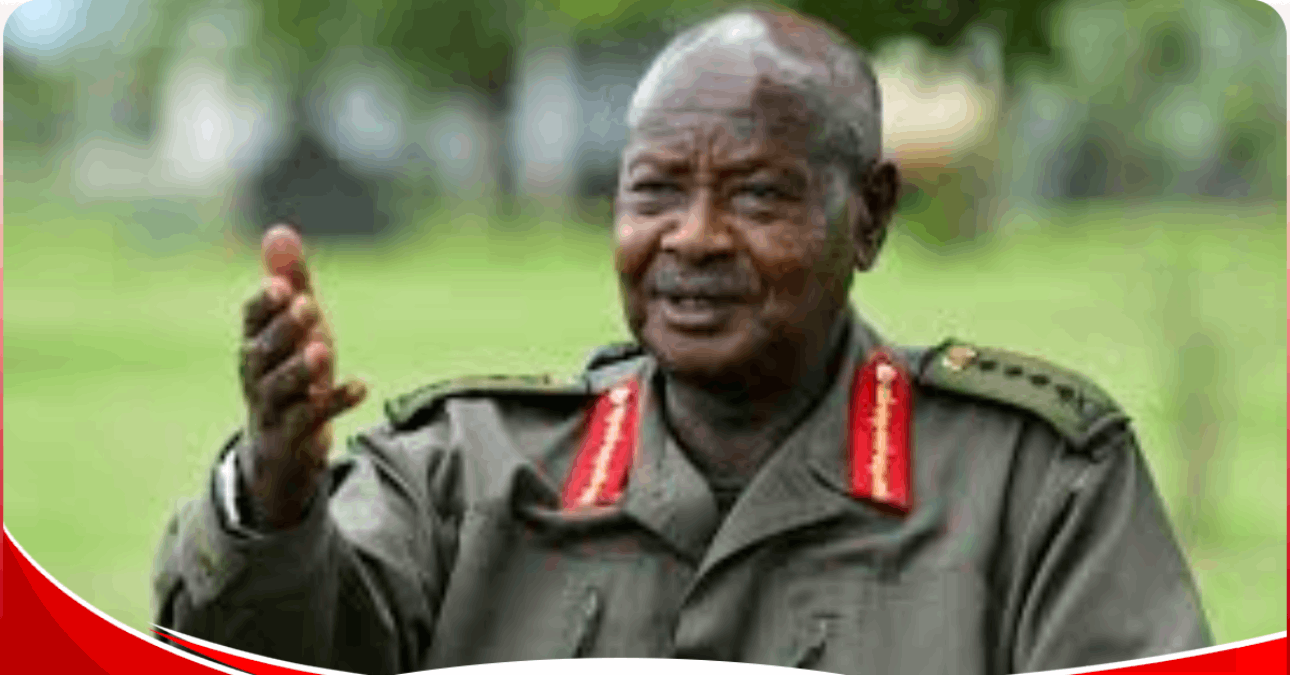
![Mombasa family’s distress: KSh 6 million medical bill leaves them stranded in India [VIDEO]](https://www.tv47.digital/wp-content/uploads/2026/01/abete-Open-Set-For-This-Weekend-as-More-Golfers-Eye-NCBA-Golf-Series-Grand-Finale-Spots-at-Windsor-2.png)

